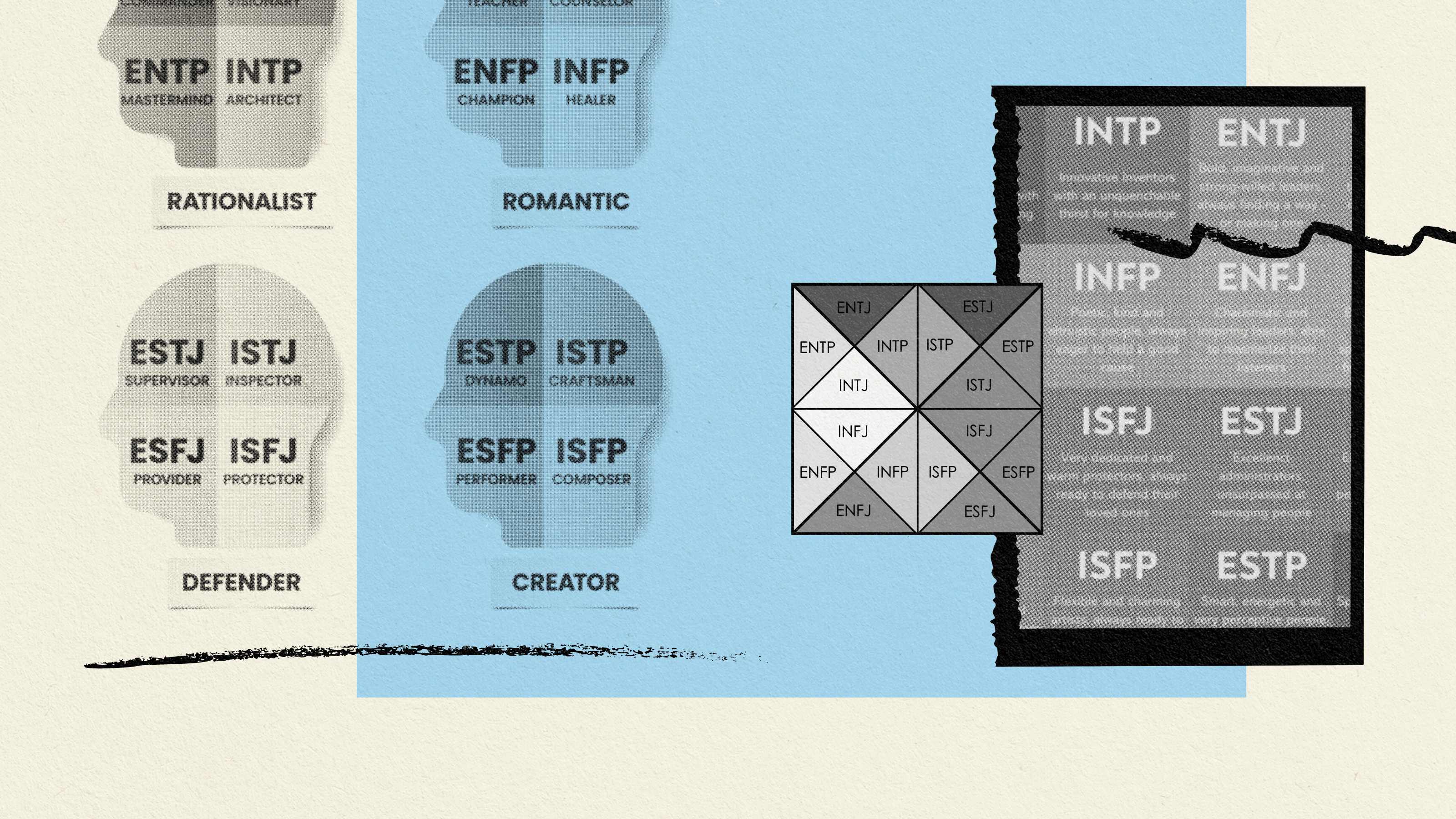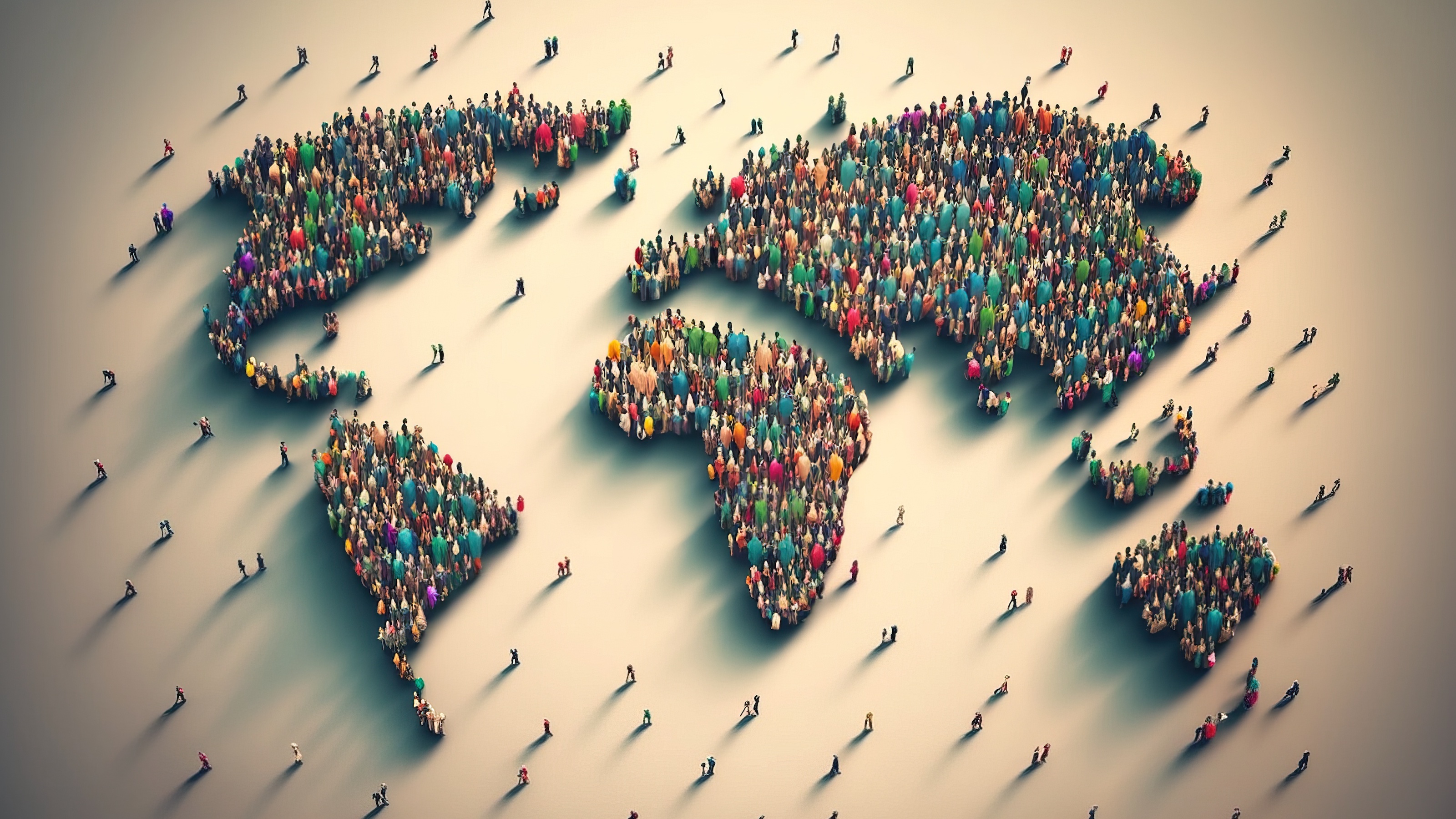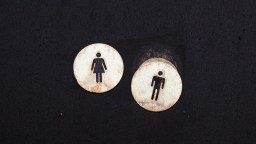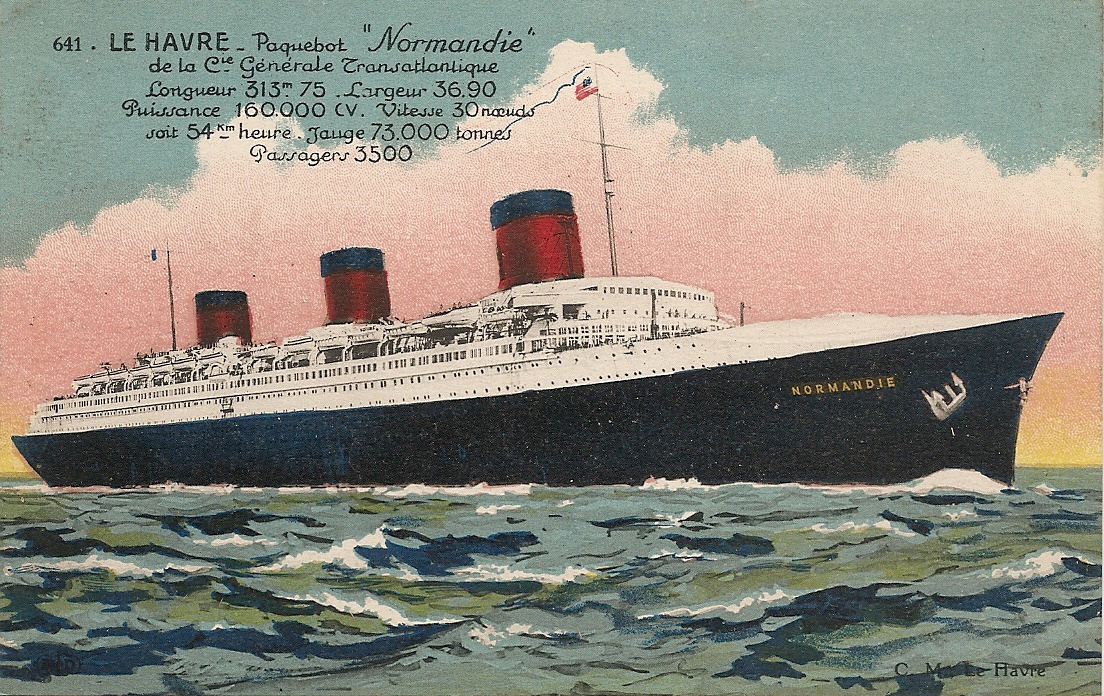4 reasons Martin Luther King, Jr. fought for universal basic income

(Photo by J. Wilds/Keystone/Getty Images)
- Despite being widely known for his leadership role in the American civil rights movement, Martin Luther King, Jr. also played a central role in organizing the Poor People's Campaign of 1968.
- The campaign was one of the first to demand a guaranteed income for all poor families in America.
- Today, the idea of a universal basic income is increasingly popular, and King's arguments in support of the policy still make a good case some 50 years later.
Martin Luther King, Jr. is best remembered for leading the American civil rights movement and preaching values of unity and nonviolent civil disobedience in his signature rhetorical style. What’s lesser known, however, is what King was working toward in the final year of his life: Universal basic income.
In his final years, King became increasingly focused on addressing and fixing the problem of poverty. For King, poverty wasn’t an issue that affected only African Americans — though he noted that poverty on top of racial discrimination often makes a bad problem even worse — but rather a society-wide “curse” that affected all people, “including the two-thirds of them who are white,” as noted in the last chapter of his final book.
To jump-start the elimination of poverty, first in the U.S. and then abroad, King organized the Poor People’s Campaign of 1968. The campaign argued that the federal government should create an anti-poverty program that provided every poor American family with a middle-class salary. However, King was assassinated in April 1968, months before thousands of protestors marched and built a tent city in Washington, D.C.
Today, as income inequality rises and technology steadily continues to take away jobs, the idea of establishing a universal basic income is perhaps more popular than ever. The idea has been recently endorsed in some form by the likes of SpaceX CEO Elon Musk, Virgin Group CEO Richard Branson and Facebook CEO Mark Zuckerberg. Of course, implementing such a radical economic policy would surely come with problems and unforeseen consequences. But King’s arguments for establishing a universal – or “guaranteed” – basic income make just as strong of a case for the policy as they did more than 50 years ago.
Here are four reasons why King supported universal basic income.
The success of the civil rights movement depended on broader equality
In 1967, King suggested that the civil rights movement can’t survive if it’s born into an unsustainable society:
Now we are in a new phase. And that is a phase where we are seeking genuine equality. Where we are dealing with hard economic and social issues. And it means that the job is much more difficult.
It’s much easier to integrate a lunch counter than it is to guarantee an annual income. It’s much easier to integrate a bus than it is to get a program that will force the government to put billions of dollars into ending slums.
It’s a wonderful thing to work and be concerned about integrating public schools — which I will continue to work for with vigor and with zeal. But I’ve also got to be concerned about the survival of a world in which to be integrated. And these issues to me are tied together in that sense.
American capitalism can never sufficiently eliminate poverty
King realized that many critics would decry a guaranteed income, especially one that would guarantee every poor family a middle-class income, as his aimed to do. Still, he suggested that American capitalism, as it was, could never sufficiently eliminate the problems of poverty:
Now, early in this century this proposal would have been greeted with ridicule and denunciation, as destructive of initiative and responsibility. At that time economic status was considered the measure of the individual’s ability and talents. And, in the thinking of that day, the absence of worldly goods indicated a want of industrious habits and moral fiber.
We’ve come a long way in our understanding of human motivation and of the blind operation of our economic system. Now we realize that dislocations in the market operations of our economy and the prevalence of discrimination thrust people into idleness and bind them in constant or frequent unemployment against their will. The poor are less often dismissed from our conscience today by being branded as inferior and incompetent. We also know that no matter how dynamically the economy develops and expands it does not eliminate all poverty.
King’s vision of a universal basic income likely didn’t include the government paying people not to work, but rather that the government create enough jobs, or create new types of jobs to benefit society for people for whom traditional jobs can’t be created:
The problem indicates that our emphasis must be two-fold. We must create full employment or we must create incomes. People must be made consumers by one method or the other. Once they are placed in this position, we need to be concerned that the potential of the individual is not wasted. New forms of work that enhance the social good will have to be devised for those for whom traditional jobs are not available.
Past attempts to eliminate poverty were uncoordinated and indirect
King said that, until the 1960s, the U.S. had tried to combat poverty by focusing on specific problems, such as “lack of education restricting job opportunities; poor housing which stultified home life and suppressed initiative; fragile family relationships which distorted personality development.” To King, these efforts failed mainly because they were uncoordinated and indirect:
While none of these remedies in itself is unsound, all have a fatal disadvantage. The programs have never proceeded on a coordinated basis or similar rates of development. Housing measures have fluctuated at the whims of legislative bodies. They have been piecemeal and pygmy. Educational reforms have been even more sluggish and entangled in bureaucratic stalling and economy-dominated decisions. Family assistance stagnated in neglect and then suddenly was discovered to be the central issue on the basis of hasty and superficial studies. At no time has a total, coordinated and fully adequate program been conceived. As a consequence, fragmentary and spasmodic reforms have failed to reach down to the profoundest needs of the poor.
In addition to the absence of coordination and sufficiency, the programs of the past all have another common failing — they are indirect. Each seeks to solve poverty by first solving something else.
I’m now convinced that the simplest approach will prove to be the most effective — the solution to poverty is to abolish it directly by a now widely discussed measure: the guaranteed income.
Psychological benefits
In addition to financially and politically empowering poor people, and especially poor black people who King said faced a double disability, King believed a universal basic income would lead to psychological improvements:
Beyond these advantages, a host of positive psychological changes inevitably will result from widespread economic security. The dignity of the individual will flourish when the decisions concerning his life are in his own hands, when he has the assurance that his income is stable and certain, and when he knows that he has the means to seek self-improvement. Personal conflicts between husband, wife and children will diminish when the unjust measurement of human worth on a scale of dollars is eliminated.





